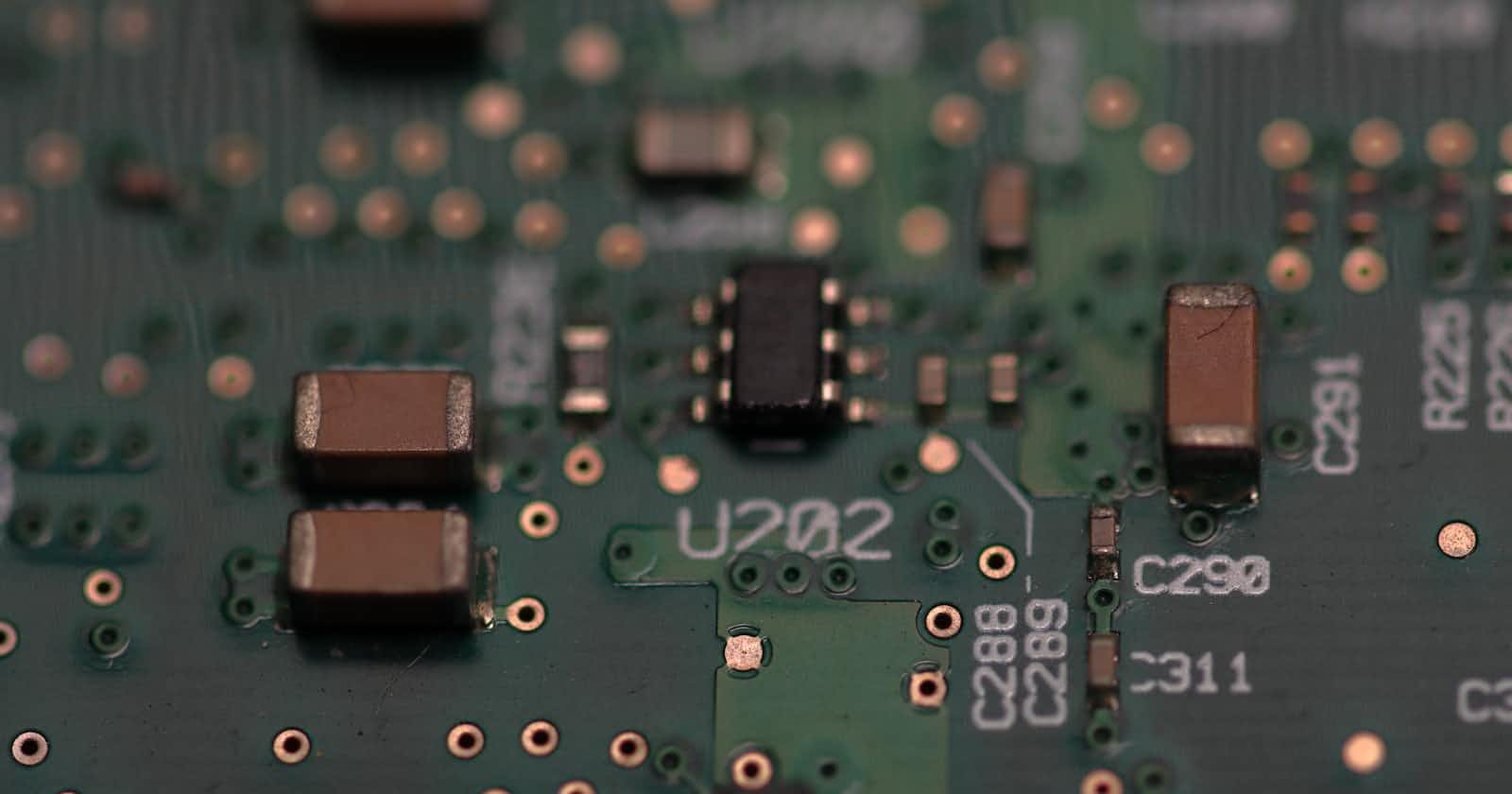Table of contents
- ⚡️ Electrical and Electronics Engineering Overview:
- 1.🌐 Electrical Engineering Specializations:
- ⚡️ Power Systems Engineering:
- 🤖 Control Systems Engineering:
- 🌐 Power Electronics:
- 🏗️ Electrical Machines:
- ⚡️ High Voltage Engineering:
- 🌞 Renewable Energy Systems:
- 🚗 Electric Drives and Automation:
- 🌐 Smart Grids:
- 📏 Instrumentation and Measurement:
- ⚙️ Electromagnetic Compatibility (EMC):
- 📡 Digital Signal Processing:
- 🏥 Biomedical Engineering:
- 💻 Computer-Aided Design (CAD) for Electrical Systems:
- ⚠️ Electrical Safety Engineering:
- 🚗 Electric Vehicle Technology:
- 2.🔧 Electronics Engineering Specializations:
- 📊 Analog Electronics:
- 💻 Digital Electronics:
- 🏭 VLSI Design (Very Large Scale Integration):
- 🤖 Embedded Systems:
- 📡 RF (Radio Frequency) Engineering:
- 🌐 Microwave Engineering:
- 💡 Optoelectronics:
- 🎛️ Digital Signal Processing:
- 🌐 Communication Systems:
- 🔊 Audio and Acoustic Engineering:
- 🌐 Power Electronics:
- 🤖 Robotics and Automation:
- 🌐 Nanoelectronics:
- 📷 Digital Image Processing:
- 🛠️ Printed Circuit Board (PCB) Design:
⚡️ Electrical and Electronics Engineering Overview:
1. Electrical Engineering:
📚 Definition:
Electrical engineering is a broad field that involves the study and application of electricity, electronics, and electromagnetism. It covers a wide range of topics, including power generation, transmission and distribution, control systems, electronics, telecommunications, signal processing, and more.
🔍 Focus Areas:
⚡️ Power Systems: Deals with the generation, distribution, and management of electrical power.
🤖 Control Systems: Involves the design of systems to control and regulate processes.
🌐 Electronics: Encompasses the study of electronic circuits, devices, and systems.
2. Electronics Engineering:
📚 Definition:
Electronics engineering is a specialized branch of electrical engineering that focuses specifically on electronic circuits, devices, and systems. It deals with the behavior and effects of electrons, and it often involves designing and manufacturing electronic components.
🔍 Focus Areas:
📊 Analog Electronics: Involves continuous signals and devices that process such signals.
💻 Digital Electronics: Deals with discrete signals and devices like microprocessors and digital circuits.
🌐 Communication Systems: Encompasses the study of systems for transmitting information, such as telecommunications and data communication.
In summary, while electrical engineering is a broader field that covers various aspects of electricity and electromagnetism, electronics engineering is a specialized branch that specifically focuses on electronic circuits and systems. Both fields are integral to the development and maintenance of modern technology, ranging from power systems to electronic devices and communication networks.
1.🌐 Electrical Engineering Specializations:
⚡️ Power Systems Engineering:
Focuses on the generation, transmission, and distribution of electrical power.
🤖 Control Systems Engineering:
Involves designing systems to control the behavior of dynamic systems.
🌐 Power Electronics:
Concerned with the study of electronic devices and circuits used for power conversion and control.
🏗️ Electrical Machines:
Deals with the design and operation of electric motors, generators, and transformers.
⚡️ High Voltage Engineering:
Concentrates on the study and application of high voltage systems and insulation materials.
🌞 Renewable Energy Systems:
Involves the design and implementation of systems harnessing renewable energy sources.
🚗 Electric Drives and Automation:
Focuses on the design of systems for controlling electric motors and automation processes.
🌐 Smart Grids:
Involves the integration of advanced technologies in the traditional power grid for efficient energy management.
📏 Instrumentation and Measurement:
Deals with the design and development of instruments for measuring and monitoring physical quantities.
⚙️ Electromagnetic Compatibility (EMC):
Ensures that electronic systems can operate without interference in the presence of electromagnetic fields.
📡 Digital Signal Processing:
Involves the analysis and manipulation of signals using digital techniques.
🏥 Biomedical Engineering:
Applies electrical engineering principles to the field of medicine, involving the design of medical devices.
💻 Computer-Aided Design (CAD) for Electrical Systems:
Involves the use of software tools to design and analyze electrical systems.
⚠️ Electrical Safety Engineering:
Focuses on ensuring the safety of electrical systems and preventing electrical hazards.
🚗 Electric Vehicle Technology:
Involves the design and development of electrical systems for electric and hybrid vehicles.
2.🔧 Electronics Engineering Specializations:
📊 Analog Electronics:
Focuses on the study and design of analog circuits and systems.
💻 Digital Electronics:
Involves the design and application of digital circuits and systems.
🏭 VLSI Design (Very Large Scale Integration):
Focuses on the design and fabrication of integrated circuits with millions of transistors on a single chip.
🤖 Embedded Systems:
Deals with the design and implementation of computer systems embedded in other devices.
📡 RF (Radio Frequency) Engineering:
Involves the design and optimization of systems that operate in the radio frequency spectrum.
🌐 Microwave Engineering:
Focuses on the study and application of microwave frequencies in communication and radar systems.
💡 Optoelectronics:
Deals with devices that convert electrical signals to optical signals and vice versa, including lasers and photodetectors.
🎛️ Digital Signal Processing:
Involves the analysis and manipulation of signals using digital techniques.
🌐 Communication Systems:
Focuses on the design and optimization of communication systems, including wireless and wired communication.
🔊 Audio and Acoustic Engineering:
Involves the study and design of audio processing systems and acoustics.
🌐 Power Electronics:
Applies to electronics as well, focusing on electronic devices for power conversion and control.
🤖 Robotics and Automation:
Combines elements of electronics and control systems to design and build autonomous or semi-autonomous systems.
🌐 Nanoelectronics:
Involves the study and application of electronic components at the nanoscale.
📷 Digital Image Processing:
Focuses on the manipulation of digital images using algorithms and computational techniques.
🛠️ Printed Circuit Board (PCB) Design:
Involves the design and layout of electronic circuits on printed circuit boards.

